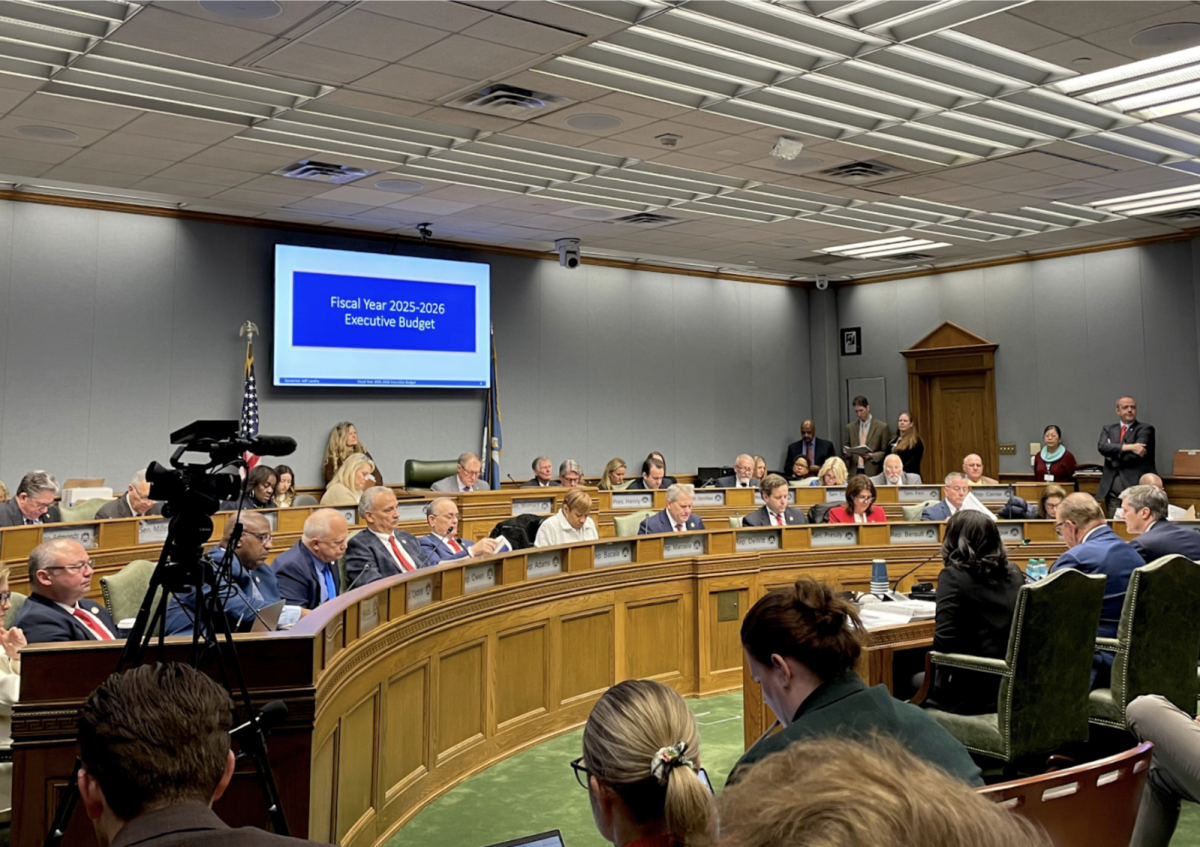Gary Byerly recently accepted his new position as dean of LSU’s Graduate School and has already identified changes he wants to see within the school.
Byerly spoke with The Daily Reveille about these improvements and addressed the biggest competition to graduate degrees today — work experience.
1. How will you attract prospective undergraduate students at LSU and other undergraduate universities to LSU’s Graduate School programs?
Byerly said the Graduate School’s website needs improvement for the school to be competitive with other institutions around the world.
“The current site is like a phone book — pure information,” Byerly said.
He said the Graduate School relies substantially on individual departments for recruiting because most of the department websites are easy to navigate, interactive and informative. “But many prospective students never make it to the departmental websites after taking one glance at the Graduate School’s website,” Byerly said.
One of his primary goals as dean is to hire an IT employee to revamp the site and a media relations coordinator who can provide relevant information to prospective students and to the public.
2. Some argue that gaining work experience following undergraduate education rivals obtaining a graduate degree. Excluding the careers that traditionally require a graduate degree, such as medicine and law, which do you think is more valuable in the workplace — work experience or a graduate degree?
“Many employers are not looking for people with specific knowledge they have acquired, but skill sets — specifically soft skills such as ethics, ability to work with others, ability to listen well to others and the ability to communicate,” Byerly said. “They want people with problem-solving skills.”
Byerly said it is possible to learn these skills in either venue, but the problem with not having a graduate degree in some careers is that there is a natural bias to those who do have advanced degrees.
The dean said some companies send their employees back to school to obtain a graduate degree. For example, his colleague’s student at Harvard University worked at Exxon but was asked to return to school so that she could develop new skills she would not have learned at Exxon.
“Employees who are trained in the workplace are just passing on the same solutions to problems,” Byerly said. “Many companies want employees with new solutions.”
3. How would you encourage people who have been out of school and in the workplace for a number of years to return to pursue a graduate degree?
Byerly said many people who work routine jobs slowly lose their intellectual abilities, making it harder for them to be admitted into a graduate program.
To combat this, the Graduate School is trying to balance its current admission standards so that more people are given a chance, Byerly said.
4. So you think lowering admission standards is a good idea?
“If the school is giving more people chances, yes,” Byerly said. “We are not trying to be an elite school. We don’t want to simply take someone’s money and waste their time for a year in overcrowded classrooms.”
Byerly said he wants to offer more opportunities to deserving applicants, when possible.
5. How do you plan to convince students who cannot afford a graduate education to take out more loans and pursue a graduate degree?
“Funding graduate school is a huge issue. It is certainly something that we all understand,” Byerly said. “About 80 percent of all graduate students have financial aid and only need to make a modest personal investment. Most students do not know this.”
Byerly said he wants to determine ways to provide information to undergraduates about the financial benefits of obtaining a graduate degree.
In some careers, Byerly said, a new employee with both a bachelor’s degree and a graduate degree start earning 50 percent more than another employee who only has a bachelor’s degree.
“I want students to know this and to consider it when deciding whether or not graduate school is worth it,” Byerly said. “I think it is.”
—-
Contact Lea Ciskowski at [email protected]
Five questions with the new Graduate School dean
February 1, 2012





